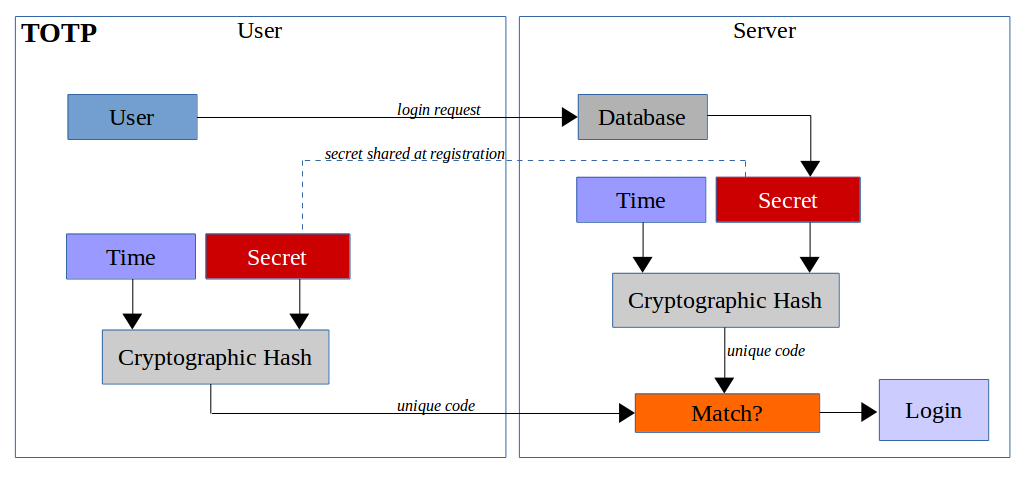Based on the article, it seems that their services are confused and leaks personal secrets in cleartext.
Sounds dangerous, the general advice given is to change your passwords or API keys from the affected sites.
The full lists is as shown: here
P.S. Authy is also stated in the list.
Hope this helps.
Sounds dangerous, the general advice given is to change your passwords or API keys from the affected sites.
The full lists is as shown: here
P.S. Authy is also stated in the list.
Hope this helps.
